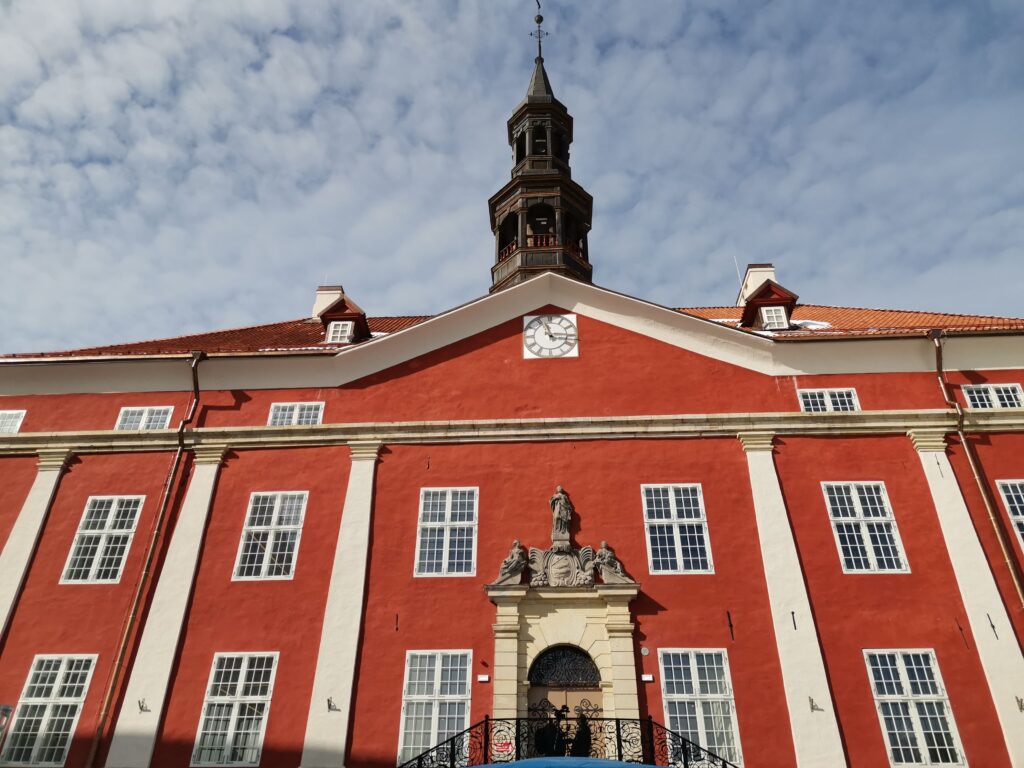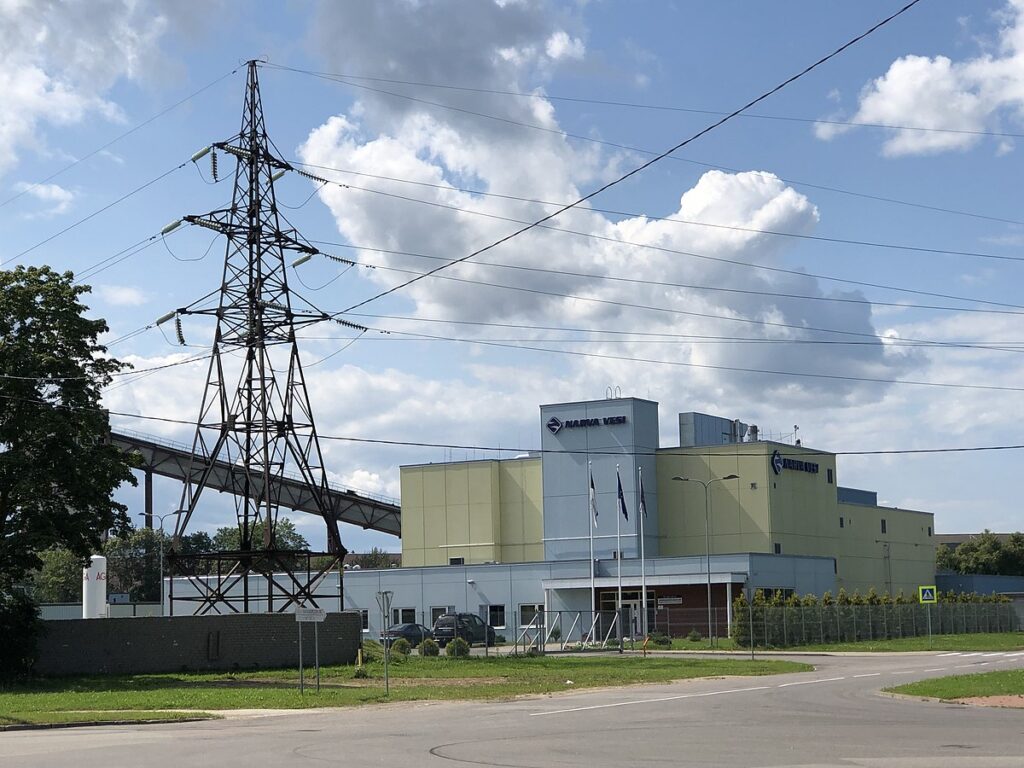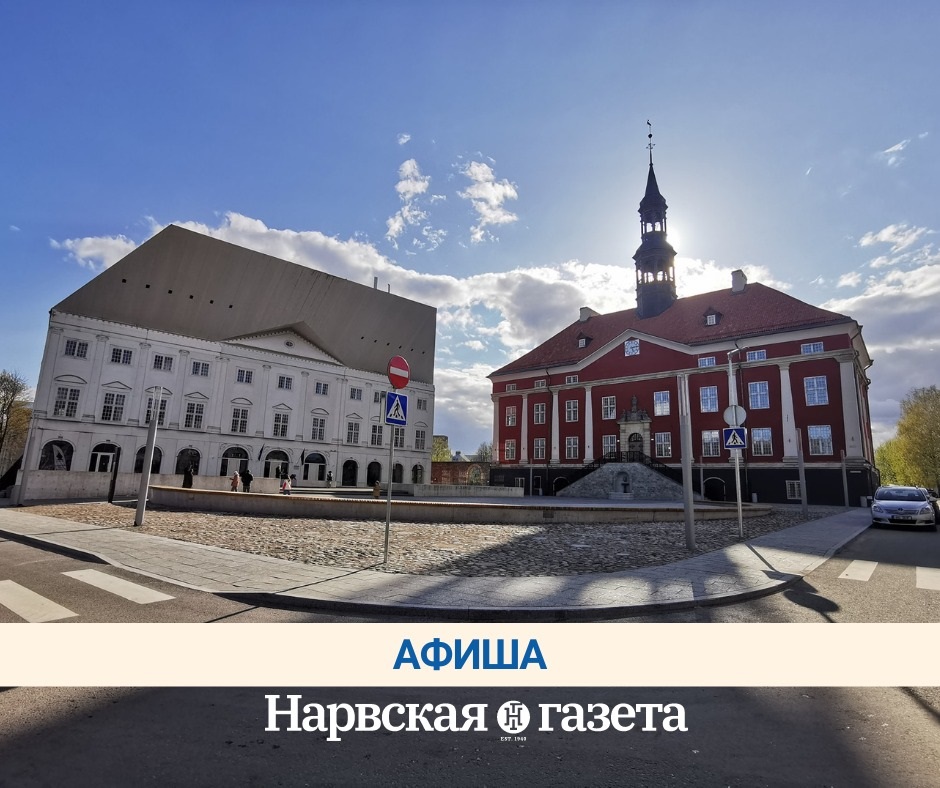Narva approved the merger of the water utilities: but there are questions regarding tariffs and transparency

On April 24, 2025, the Narva City Assembly approved the merger of the Narva Vesi AS municipal enterprise with Narva-Jöusuu Vesi Oü, which was an important step in the implementation of Estonia water reform, which began in 2023. The reform is aimed at reducing the number of water utilities from more than 130 to 20–40 to increase efficiency, stabilize tariffs and attract investment.
However, the decision caused acute criticism from the deputy of the city assembly of Vadim Orlov, who doubted the transparency of the process, the minimum increase in tariffs and the benefits for the residents of Narva. The final decision now depends on the vote in Narva-Yesuu, planned on April 30.
|
|
Context and mergers’ details
The merger of the Narva Vesi AS, one of the largest Estonia water utilities, and Narva-Juchu Vesi Vesi Oü, created in November 2024 by allocating a water utility from the municipal enterprise Narva-juxu Kommunaal, is aimed at creating a regional enterprise. According to Vice-mayor Narva Marina Shurupova, this will strengthen the Narva Vesi position and ensure the modernization of infrastructure.
At the same time, according to the certificate of the Narva authorities, the tariff for the Narvites will grow by no more than 3 cents. And the total harmonization of prices is given a term of five years.
The authorities of Narva and Narva-Yesuu assured that tariffs for the residents of Narva would remain unchanged in the next one to two years
“Narva Vesi will become a regional enterprise, retain municipal control here in the city, also Narva Vesi AS will increase its assets, that is, service area,” Shurupova explained at a press conference on April 16, 2025. She emphasized that the association will maintain municipal control and open access to investment programs, especially for such problem areas as the village of Olgin, where the sewage system is required.

Narva-juxu Vesi Oü will transmit its water infrastructure appreciated by an independent auditor, Narva Vesi AS. In return, Narva-Yesuu will receive up to 10% of the shares of a united company, and the Narva Vesi turnover will grow by 3%.
In Narva, a cubic meter of water (taking into account the payment of sewage and tax) costs 2.62 euros, in the village of Olgina-5.40 euros, and in the Primorsky part of Narva-Yesuu-also 2.62 euros, since the services are already provided by Narva Vesi.
The opposition of the Narva City Assembly has questions
The deputy of the Narva City Assembly Vadim Orlov became one of the main critics of the merger, expressing concern to his consequences for the inhabitants of Narva. In a telephone conversation with the journalist of the Narva Newspaper, he stated that the promised minimal increase in tariffs for 3 centers seems unrealistic and is misleading. “It is not very believed that in fact, for the allocated period of harmonization of tariffs, they will change to only 3 cents. There are great doubts about this, ”said Orlov.
Orlov also indicated a potential reduction in the share of Narva in the joint -stock capital of AS Narva Vesi as a result of a merger, which, in his opinion, infringes the interests of the inhabitants. “The share of the city of Narva in the AS Narva Vesi joint -stock capital is reduced by the decision that we made,” he said, adding that the decision is beneficial to the Narva Vesi leadership, and not to the townspeople: “Now the decision has been made, in my opinion, not in favor of the townspeople, but in favor of those who are in the management of the enterprise.”
Another claim of Orlov was the lack of a clear investment program and doubts about the possibility of attracting external financing.
“There is no general investment program … If there are any investments … Where will they be carried out, on the territory of Narva or in the territory of Narva-YESUSU? … Due to which self-financing will be ensured, if now not from the city budget, then this will be just an account of tariffs,” he said. He also expressed skepticism regarding European funds, indicating that the priorities in Europe are shifted towards defense projects: “Fixed assets will be aimed at strengthening defense capabilities, not at regional projects, this is stated at all levels of the European Commission.”
Finally, Orlov believes that Narva missed the opportunity to unite with a larger and competent partner, such as Järve Biopuhastus, which could create a stronger regional enterprise. “In my opinion, it would be more reasonable to negotiate with a larger player,” he said.
Investments and infrastructure
The merger opens access to European subsidies that are not available to individual enterprises. This is especially important for areas such as Olgina, where the existing sewer station is completely amortized and does not allow the development of the village. It is planned to combine Olgin with the treatment facilities of Narva, which requires significant investments. Shurupova noted that the merger with Narva-Juchu is a logical first step, given the geographical proximity and existing cooperation: “Narva Vesi is also served by the city of Narva-Jyesuu, we believe that this step would be logical.”
The voluntary association allows Narva and Narva-Jesuu to control the process and avoid compulsory enlargement, which can be imposed by the state within the framework of the reform. “We will try to go through this stage first, and then we will discuss with whom it would be possible to unite in the future,” Schurupova added, leaving an open possibility of further mergers with other Ida-Virumaa water utilities.
The queue for the volost collection of Narva-Yesuu
The decision of the Narva City Assembly on the merger of the Narva Vesi AS and Narva-JYSUUu Vesi Oü was an important step in the implementation of the Estonian water reform, but caused significant disputes. Criticism Vadim Orlov emphasizes the need for greater transparency and the interests of the residents of Narva, especially in matters of tariffs and investment distribution. At the same time, the authorities insist on the strategic importance of unification to modernize infrastructure and increase efficiency. The final decision now depends on the vote in Narva-Yesuu on April 30, and its outcome will determine the future of the water supply in the region.
Read also:
The Post Narva approved the merger of the water utilities: but there are questions regarding tariffs and transparency FIRST Appeared on gazeta.ee.






